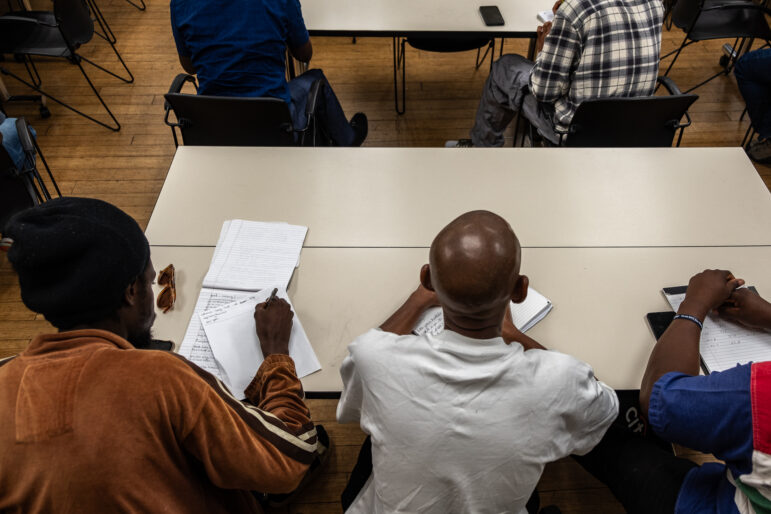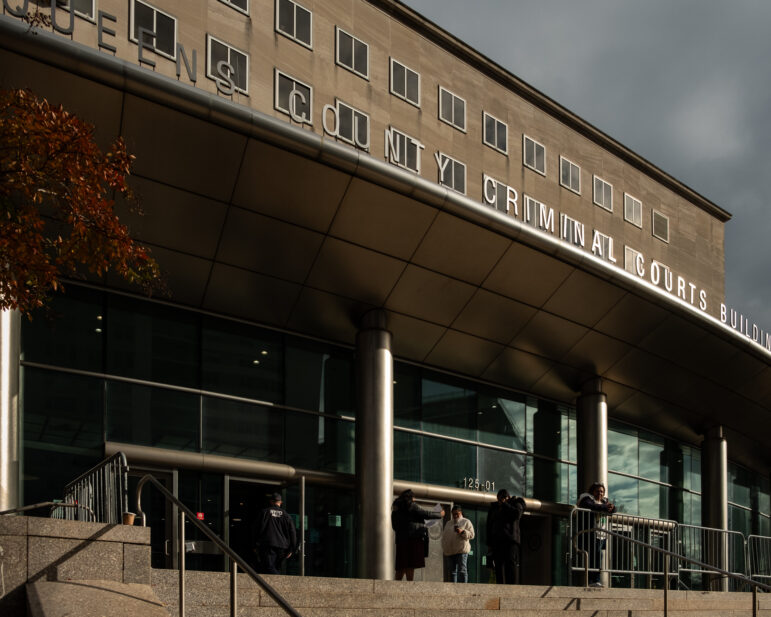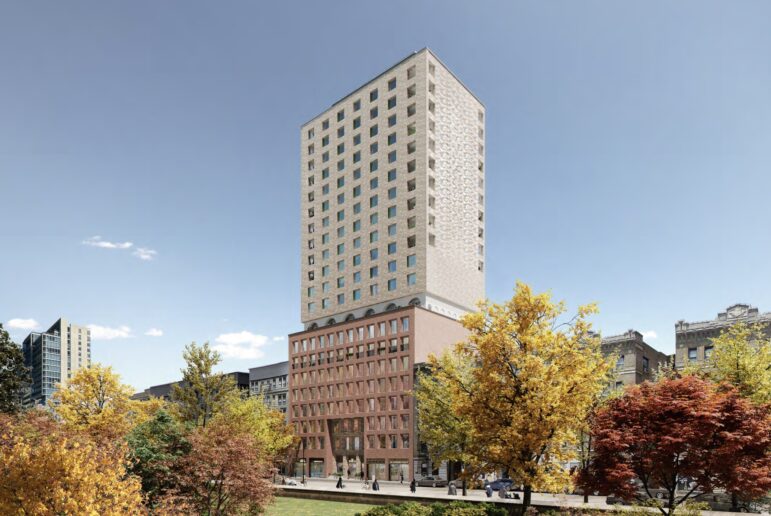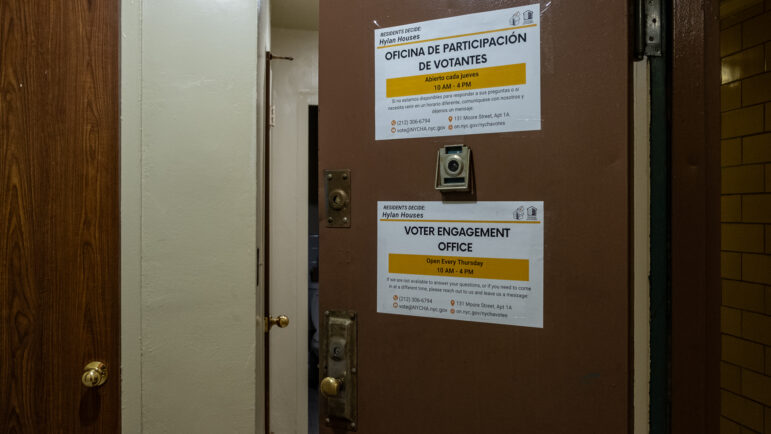Just months after parents gave an F to the Board of Ed’s proposal to have it take over five ailing public schools, Edison Schools is trying once again to get a foothold in New York City with the backing of the Giuliani administration. This time, it’s the city’s Economic Development Corporation that’s helping the for-profit charter school company get something other aspiring charter school proprietors only dream of: Its very own school building.
EDC is negotiating the sale of four vacant lots on 110th street near Fifth Avenue to Edison, the Museum for African Art and a private builder, Hines. The developers plan to build a 15-story office building for Edison’s new headquarters and a school, housing 650 kids, to be run by Edison. Next door, the project will include a new space for the museum, which is currently located in Soho.
Neither EDC nor Edison would comment on the terms of the deal. But Edison doesn’t have to worry about being outbid: The city has not solicited other prospective developers for this site. A year and a half ago, Edison spent $10 million for an empty privately owned lot adjoining the city property, at the corner of Fifth Avenue and 110th Street. Edison has made clear that without the city’s lots–empty for several years except for a community garden–its project can’t go forward.
If the city manages to deliver Edison a piece of valuable real estate, it could be a first for a charter school in New York. “I don’t know of any group that has been successful in getting that relationship with the city,” said Gail Foster, president of the Toussaint Institute Fund, which works with nonprofit groups looking to start charter schools. She hopes Edison’s deal will set a precedent for city assistance with charter school development. “Maybe the city will even recognize that a community group is even more in need,” she said.
Edison is a long way from selling its plan to the community, however. “Do we really want a corporate headquarter in an otherwise residential neighborhood?” said City Councilman Phil Reed, adding that he is keeping an open mind about the project. On a block lined with low-income housing developments, Reed suggests that, given the neighborhood’s apartment shortage, maybe the lot could be used to build more housing.
Edison says they are doing this for East Harlem. “We want to have our headquarters in the community we serve,” said Valerie Corbett, vice president in charge of the project. The advisory board for the school, she added, will be comprised of local residents, and Edison has approached the Children’s Aid Society about the possibility of partnering to run the school.
Still, this month, the project received an advisory “no” vote from Community Board 11. Concerns ranged from increased traffic to philosophical opposition to a private corporation managing a public school. “The community is deeply divided on this,” said Reed. It’s hard to forget last spring’s chain of events that ended with 85 percent of parents at Harlem’s P.S. 161 voting down an Edison takeover. Edison “certainly didn’t help themselves last January,” said Reed. “You let the mayor use you as a pawn to privatize our schools, maybe you’re not smart enough to run a charter school in our neighborhood.”







